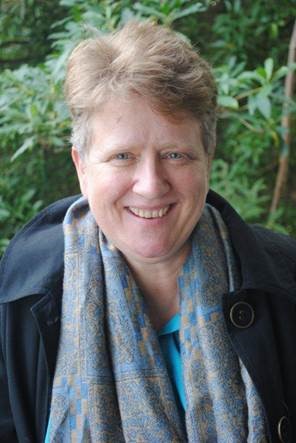Imagine a perfect work day in healthcare. You were part of a motivated and well-functioning team. Patient care had been the best you could all deliver. Conversations with other healthcare workers were respectful and helpful. You had the chance to demonstrate both your leadership and follower skills and were able share your ideas and sense of humour.
Your managers had granted you the autonomy to organize your own practice areas and workflow. You felt supported by your colleagues and enjoyed a sense of job security and mental well-being. You felt empowered to call out bad or concerning behaviours and knew that any serious adverse events would be investigated by a team with expertise in human factors.
And so on… but can we really change the culture of the medical workforce? Sceptics may think not, but the answer is "yes" according to graduates of the Advanced Emergency Performance Training (ADEPT) workshop.
ADEPT teaches “human factors” skills such as leadership, teamwork, communication, assertion, conflict management, self-awareness, situation awareness, and decision-making. Armed with enhanced skills and increased confidence, ADEPT graduates are already effecting positive changes in their workplaces. Our newest generation of healthcare workers is enjoying the opportunity to revolutionise one aspect of modern healthcare, the delivery of critical care in life or death situations.
Participants with extensive experience in medicine, nursing and allied health are sharing their wisdom and demonstrating that, as they seek to improve their own human factor skills, learning is lifelong.
Reducing the rate of errors in medical practice would save many lives a year and prevent the misery suffered by those who survive a mishap. In the USA, medical error is the third leading cause of death. Sadly, when a serious medical error occurs there is often a second victim. The healthcare worker involved in the case often assumes disproportionate responsibility for the error, failing to recognise that the system they were working in was a major contributor.
The Swiss cheese model of accident causation illustrates that, although many
layers of defense lie between hazards and accidents, there are flaws in each
layer that, if aligned, can allow the accident to occur.
These feelings of isolation are often amplified by the investigation process and the healthcare worker then loses confidence in their ability and ultimately leaves their profession or becomes so distressed that they cannot function in their daily life.
We are all too familiar with those tragic cases where the second victim's journey ends in suicide. So much more can and must be done to support healthcare workers who find themselves exposed to such enormous personal stress. Preventing the error in the first place should become a high priority for our industry. We will never prevent all errors but that should not stop us from trying to eliminate as many as we can.
Over the past five years rural generalist Dr Dean Robertson and emergency physician/ educator Dr Charlotte Hall have collaborated with senior pilots Mick Aspinall and Anthony Lock to devise and refine educational models for teaching human factors skills to health practitioners. Anthony Lock also works as the Director of Human Performance at the Royal Perth Hospital. Local senior clinical nurse educators, Fiona MacCallum, Sharene Pascoe and Michael Steenson have contributed their expertise to the ADEPT workshops.
Jana Ewing and Stuart James have assisted with program development and teaching. Surgeon Dr Sue Velovski and the LBH Executive team led by Wayne Jones and Dr Katherine Willis-Sullivan have welcomed and supported this reform initiative.
In 2018 concepts from the ADEPT workshop were presented to the NSW Health Minister Brad Hazzard who showed great interest and later organised and attended a further meeting at the Ministry of Health with leaders of pillar organizations, including the Agency for Clinical Innovation and the Clinical Excellence Commission.
The next step locally involves expanding the training and professional development programs. GP leaders Dr Tony Lembke and Dr David Guest have identified that human factors training is integral to the provision of excellent primary health care. Most importantly barriers to communication between hospital and general practices need to be torn down and replaced with more effective models. Face to face discussion remains one of the most effective means of communication and GPs should be both known and welcomed within our hospitals.
Mastery of human factors represents a catalyst for positive change in the culture of the healthcare industry. Here on the North Coast of NSW we are used to leading reform. Let's add this one to our list.
Comments from previous workshop participants and registration details can be found at emergencyprotocols.org.au/ADEPT.
References
- Makary Martin A, Daniel Michael. Medical error—the third leading cause of death in the US BMJ2016; 353 :i2139
- Albert W Wu Medical error: the second victim The doctor who makes the mistake needs help too BMJ. 2000 Mar 18; 320(7237): 726–727

















